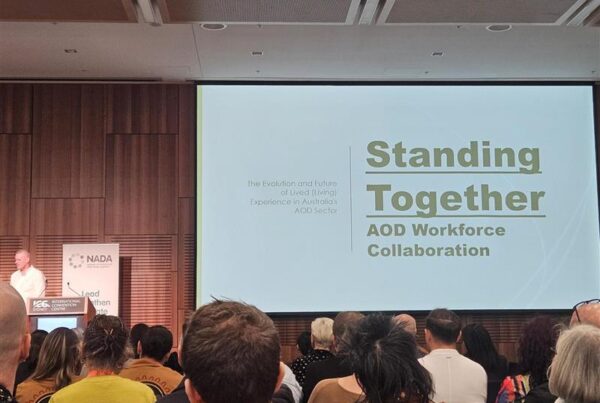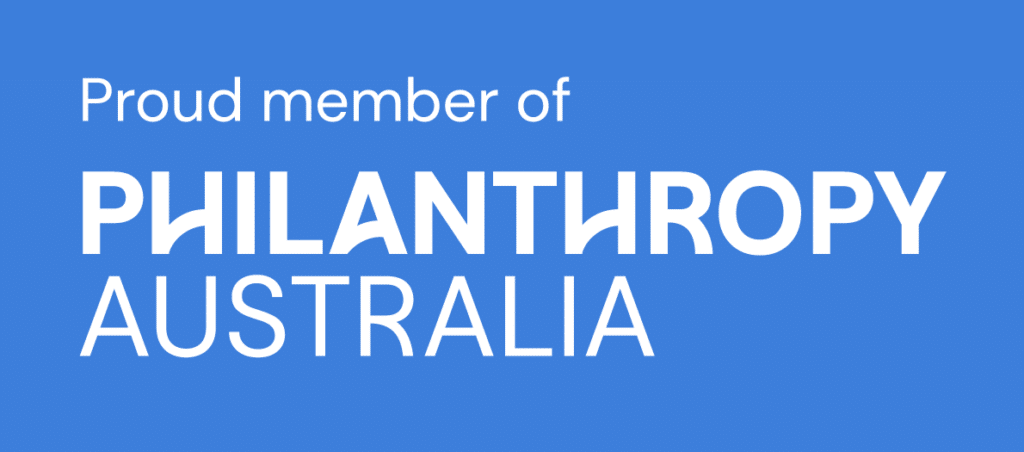Myth: Marijuana is a relatively harmless drug.
Fact: Marijuana often acts as a ‘gateway drug’ to more potent drugs and can actually be highly addictive. In 2019, one-quarter (25%) of people aged 18-24 had used cannabis in the past 12 months, compared with 11.6% of people aged 14 and over (AIHW, 2020).
Myth: Once you are addicted to drugs and alcohol, it is a life sentence.
Fact: Drug and alcohol addiction does not have to last a lifetime. With the right support, anyone can end harmful drug and alcohol use.
Myth: Young people believe alcohol and drugs increase confidence.
Fact: Alcohol in small quantities can make people feel more relaxed and socialise easier. However, alcohol and drugs can be considered, a ‘downer’ or depressant. It can cause people to withdraw from others, or feel aggressive. Alcohol and drug use reduces one’s inhibitions and impairs judgement. This places users in potentially harmful situations, which can lead to injury, ruined relationships and unsafe sexual practices.
Myth: Teenagers are too young to get addicted.
Fact: Dependence or addiction can occur at any age. Even unborn children can become dependent as a result of their mother’s drug use. Australia research shows that problematic substance use often begin during adolescence, and the earlier a young person starts to use drugs and alcohol, the more likely they will experience various negative outcomes. These include poor school performance and early drop out, an increased risk of other mental health problems, dependency, and an increased likelihood of juvenile offending. This highlights the need for effective prevention in adolescence to protect young people from these associated harms. (Positive Choices, 2021)
Myth: Drugs are a bigger problem than alcohol.
Truth: All drugs cause harm but alcohol causes more deaths than all other illegal drugs combined (Positive Choices, 2021). In 2019, there were 1,317 alcohol-induced deaths registered in Australia (AIHW, 2021).
Myth: Alcohol is not a drug.
Truth: Alcohol is often not thought of as a drug because it is legal. Alcohol is a drug that slows down the central nervous system and is second only to tobacco as a cause of drug related deaths and hospitalisations in Australia. Alcohol belongs to a class of drugs called depressants.
Myth: Prescription pills are safe because they came from a doctor.
Fact: Prescription medication is considered safe if it is used in exactly the way it was prescribed by your Health Professional. In Australia in 2018, a majority of drug-induced deaths (excluding alcohol and tobacco) involved opioids, and three-fifths (60%) of those deaths were attributed to prescription drugs only (NDSHS, 2019)
Myth: You can use drugs occasionally and not get addicted.
Truth: Even occasional drug use can lead to dangerous addiction. As Alan Leshner, the Director of the US based National Institute on Drug Abuse, notes, “every drug user starts out as an occasional user, and that initial use is a voluntary and controllable decision. But, as time passes and drug use continues, a person goes from being a voluntary to a compulsive drug user.” Furthermore, “a vast body of hard evidence shows that it is virtually inevitable that prolonged drug use will lead to addiction.” (International Survey Associates, 2017)
Myth: You have to use drugs or alcohol for a long time before they can hurt you.
Fact: While most people are aware of the long-term effects of consuming drugs or alcohol, in fact a substance can have an impact on you from the moment it is taken. Drugs impact the brain in dramatic and dangerous ways, and they can cause it to send the wrong signals to the body. These signals can have dramatic effects on the body and cause a person to stop breathing, have a heart attack or go into a coma. This can happen the first time the drug is used.
Youth and alcohol in Australia
Alcohol is the most common drug in Australia, and it is the most commonly used drug among young people.
Around 1 in 5 (16.8%) of young Australians aged 14 years or older drink at a level that puts them at risk of alcohol-related harm over their lifetime (NDSHS, 2019)
Young adults (18-24) are the most likely age group to drink 11 or more drinks on one occasion (30%) (ibid.)
Alcohol contributes to all the leading causes of death among young people (ADF, 2021) including:
-
- suicide
- land transport accidents
- accidental poisoning
- assault
More than 1 in 10 deaths of young Australians aged 14-17 are related to alcohol consumption (NDARC, 2016).
Youth and drugs in Australia
The 2019 National Drug Strategy Household Survey (NDSHS), found an estimated 9.0 million (43%) of people aged 14 and over in Australia has illicitly used a drug at some point in their lifetime.
The most commonly used drugs among young people are (NDSHS, 2019)
- Cannabis (11.6%)
- Cocaine (4.2%)
- Ecstasy (3.0%)
In recent years there have been changes in use of a number of illicit drugs (between 2016 and 2019). Methamphetamines are no longer in the top five of drugs most likely to be used by young Australians in the last 12 months. In fact use has been declining since its peak at 3.4% in 2001 and has since stabilised in 2019.
Most people first try illicit drugs out of curiosity (69%) and of those who continue using illicit drugs, they do so because they enjoy it (71%) (NDSHS, 2019).
Among people aged 14–29, the mean age of initiation of illicit drug use has risen from 16.7 years in 2016 to 17.3 years in 2019 (NDSHS, 2019).
Additionally, 98% of secondary students reported they had never used methamphetamines (Australian Secondary Student’s Alcohol and Drug Report, 2017).
Where you can find help
If you need emergency medical help please call 000.
If you or someone you know need help with their drug or alcohol use please reach out to one of the many services available near you and ask for help, or even someone just to listen.
We’ve put together a list of services where you can seek help at: https://martinfoundation.org.au/find-help/







